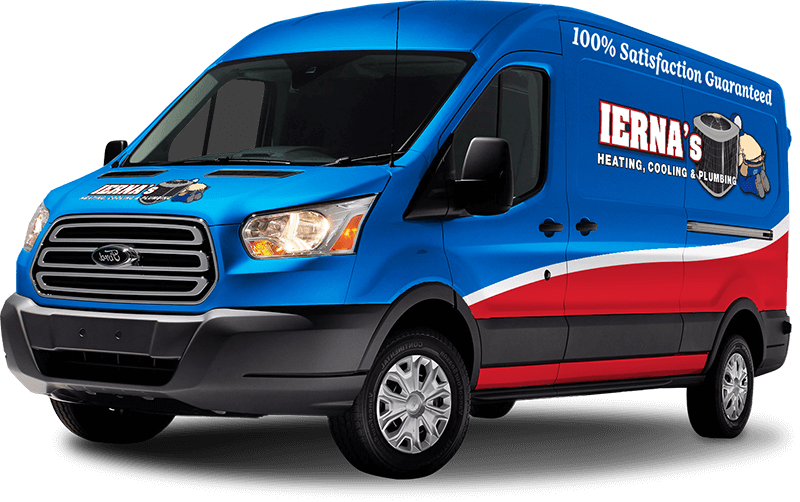
Is this the spring you’ve discovered that your home’s current air conditioner is no longer up to the job of keeping your household comfortable throughout the rest of the cooling season? If you’ve come to this conclusion but haven’t yet made a decision on what air conditioning installation to go with, the time is now—but we discourage you from rushing out and buying the first air conditioner you can find!
The reason we don’t encourage this is that too many homeowners go out and buy the biggest air conditioner they can find that matches their budget, not realizing that bigger isn’t always better, and they could actually be doing more harm than good to their cooling system and energy costs. Remember, it takes a skilled and educated HVAC professional to install a new air conditioner. You need a contractor that understands important factors, like the right air conditioner tonnage.
What Is Tonnage?
We realize at this point you may think we’re talking about how much an air conditioner weights, but that’s not what we’re talking about here at all. HVAC professionals, like any specialist in a complex field, have jargon of their own, and when you hear one say tonnage, they are referring to the amount of cooling that an air conditioning unit provides for the space in which it is installed.
The cooling power of your air conditioner is measured in the units of heat a system removes from the air. Air conditioning systems do not “generate” cold air, since cold isn’t a form of energy. The cooling process is instead a result of the removal of heat, and tonnage is the amount of heat a cooling system can draw from a home over an hour.
This heat removal process is measured as BTUs (British Thermal Units), which is the amount of heat needed to change the temperature of a pound of water one degree. One ton of air conditioning power means your system removes 12,000 BTUs from the building’s air per hour. Each additional ton accounts for another 12,000 BTUs.
How Much Tonnage Is Needed to Cool My Home?
This is a question our technicians get a lot, but it’s important to understand that there are many factors that go into this calculation. We aren’t just looking at the square footage of your home.
We’re also looking at what type of insulation you have, the number of people who live in your household, the number of windows and heat-producing appliances through the home, and even the number of doors and windows. You can trust that our team will find the right size for your specific home and needs.
There Is Such Thing as Too Much Tonnage
As we stated above, bigger is not always better. You’re probably already familiar with the reason why too small of an air conditioner is no good—it simply will not be powerful enough to cool the space in which it’s installed. Well, too large of a system is just as detrimental.
Too large of an air conditioner will go through a process called short-cycling. This is when your cooling system shuts off and turns back on rapidly. This wears down on the components of the air conditioner, and can eventually lead to a premature system breakdown.
IERNA’s Heating & Cooling is your trusted resource for superior air conditioning installation and additional services. Contact us today!

